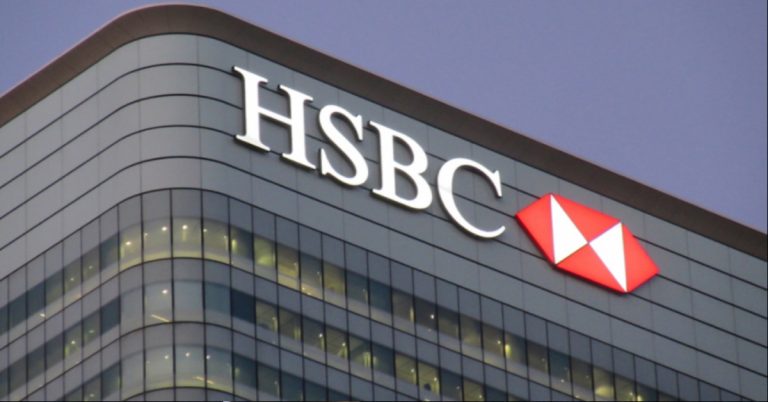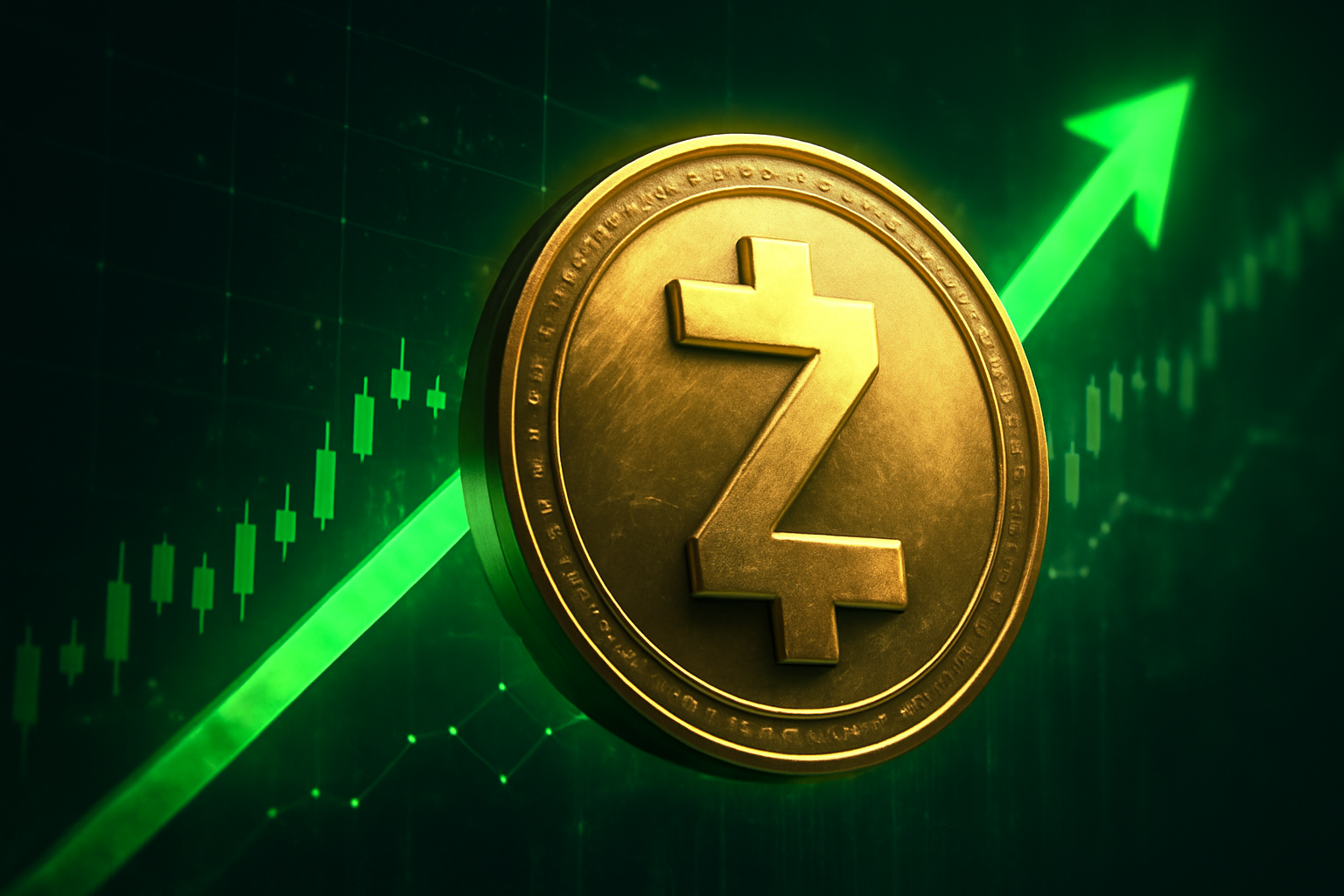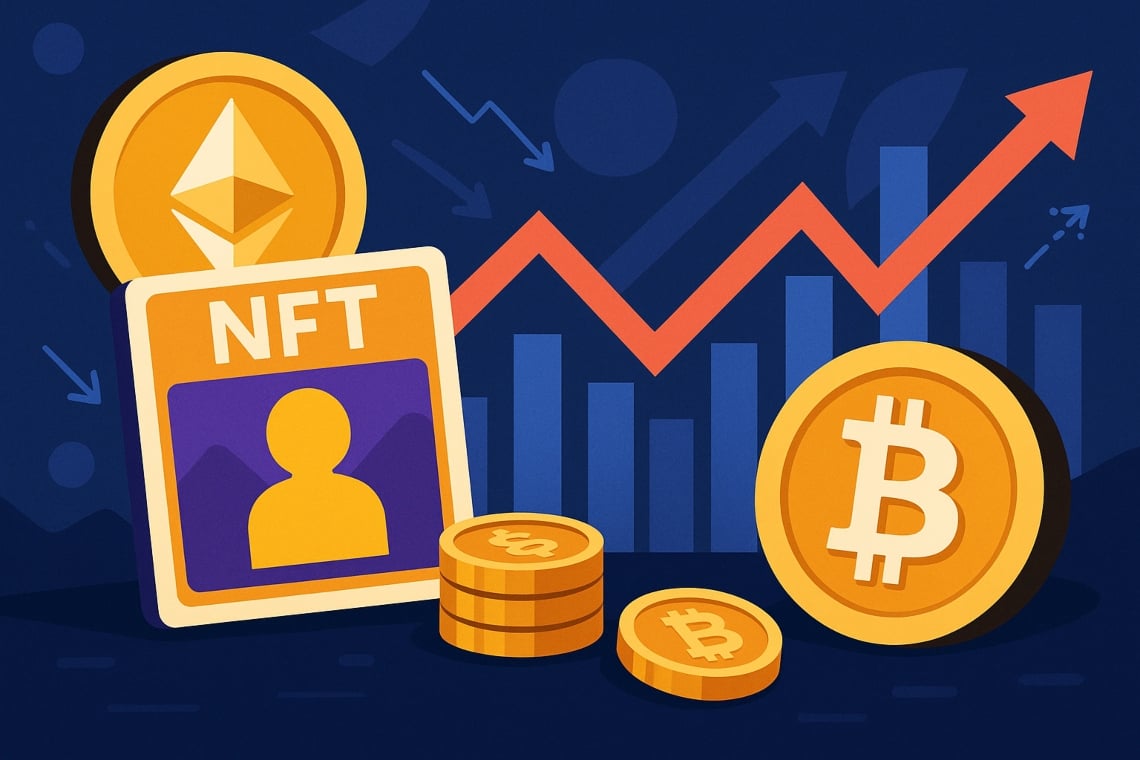HSBC to Buy Out Minority Shareholders in Hang Seng Bank in $13.6bn Deal Amid Hong Kong Property Turmoil


HSBC Holdings has announced plans to acquire the remaining 36.5% stake it does not already own in Hong Kong’s Hang Seng Bank for HK$106.1 billion ($13.6 billion), in a move that underscores both confidence in its Asian growth strategy and growing challenges in the region’s property-driven financial market.
According to Reuters, the banking giant said it will pay HK$155 per share — a 30.3% premium over Hang Seng’s Wednesday closing price — valuing the Hong Kong lender at about $37 billion.
The announcement, made on Thursday, sent Hang Seng’s shares surging 26%, while HSBC’s own stock dropped 6% in both London and Hong Kong trading sessions. Investors were rattled by the size of the offer and HSBC’s decision to halt share buybacks for three quarters to preserve capital for the deal.
Register for Tekedia Mini-MBA edition 18 (Sep 15 – Dec 6, 2025): registration continues.
Tekedia AI in Business Masterclass opens registrations.
Join Tekedia Capital Syndicate and co-invest in great global startups.
Register for Tekedia AI Lab: From Technical Design to Deployment.
Chief Executive Georges Elhedery, who took charge last year, said the acquisition was “absolutely not” a bailout, despite Hang Seng’s worsening exposure to Hong Kong’s property market downturn. Instead, he described it as a strategic consolidation aimed at streamlining HSBC’s Asia operations and aligning product manufacturing and international networks under full ownership.
“We are capital generative and we have the financial strength to go out and acquire,” Elhedery said in an interview with Reuters. He added that delisting Hang Seng and bringing it fully under HSBC would “unlock value for shareholders” and prove more accretive than further share buybacks.
Elhedery emphasized that the buyout demonstrated HSBC’s deal-making capacity even as it continues global restructuring efforts. The lender has spent the past year offloading non-core assets across Europe and North America while consolidating in key growth markets such as Hong Kong, the United Kingdom, transaction banking, and wealth management.

Bad Loans and Property Market Strain
Hang Seng has been battling a steady rise in bad loans linked to the prolonged real estate crisis in Hong Kong and mainland China. The bank’s impaired loans climbed to 6.7% of its total loan book as of June 2025, up sharply from 2.8% at the end of 2023. The increase has been driven largely by defaults among property developers and office sector weakness, with bond maturities for debt-laden developers expected to jump nearly 70% in 2026.
Analysts say this makes HSBC’s move both bold and risky. Michael Makdad, senior equity analyst at Morningstar, called it “the biggest acquisition in Hong Kong in more than a decade,” noting that while it comes with governance benefits by removing the dual-listing structure, it also exposes HSBC to heightened risk from the region’s fragile real estate market.
“HSBC will need to pay a premium,” Makdad said, “but there should be some opportunities for cost synergies.”

The acquisition will trim HSBC’s common equity tier 1 (CET1) capital ratio by about 125 basis points from its June level of 14.6%. The bank expects to rebuild the ratio within its target range of 14.0–14.5% through organic earnings and by suspending buybacks. HSBC clarified that its offer price for Hang Seng shares is final and will not be revised.
Citi analysts described the rationale for the takeover as “strategically sound” but questioned the timing and valuation amid economic uncertainty in China and Hong Kong.
“While the strategic rationale is compelling, we expect investors will query why now and at this price,” the bank said in a client note.
A Signal of Confidence in Asia
The deal highlights HSBC’s ongoing commitment to Hong Kong as its most profitable market and a core pillar of its Asia-focused growth agenda. Despite challenges, Elhedery expressed optimism about the long-term outlook.
“We remain constructive on the outcome for the sector in the medium to long term,” he said, acknowledging, however, that “short-term challenges” persist, especially in the commercial property segment.
HSBC’s planned full ownership of Hang Seng marks a striking reversal from its recent string of divestments. It also underscores a strategic pivot — from shedding global sprawl to reinforcing its Asian stronghold at a time when regional economic headwinds continue to test resilience.
The acquisition, if completed, will be one of the most significant banking transactions in Hong Kong since the financial crisis, positioning HSBC to consolidate its control over one of Asia’s most recognized banking brands amid deepening property and credit risks.





